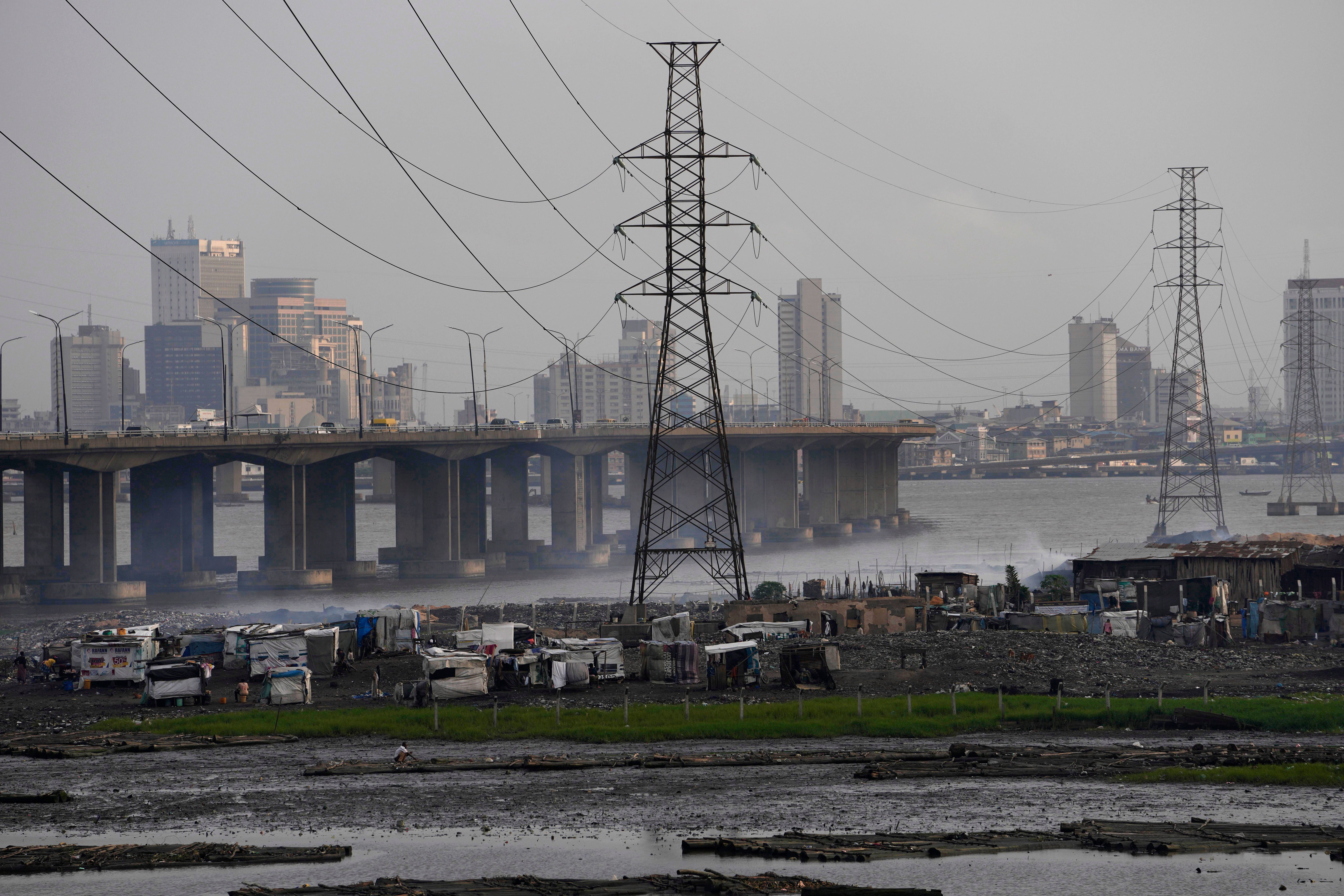Nigeria's major cities suffer blackouts as the power grid collapses yet again
Nigeria’s major cities including Abuja, Lagos and Kano have suffered blackouts as the country’s electricity grid has collapsed in the tenth such outage to hit the power system this year

Nigeria's major cities including Abuja, Lagos and Kano suffered blackouts Thursday as the country's electricity grid collapsed in the tenth such outage to hit the power system this year.
A “partial disturbance of the system” caused the latest round of blackouts, the Transmission Company of Nigeria said in a statement, without elaborating.
Grid failures are common in Nigeria where the power industry suffers from a lack of investment. The national grid has collapsed 10 times this year, the first time on Feb. 4 and the latest previous time on Tuesday.
Africa’s most populous country has the potential to generate 13,000 megawatts, but can only transmit 4,000 megawatts due to weak infrastructure, the transmission company said last year. That amount not enough for a population of more than 200 million people.
Nigeria gets about 40,000 megawatts from gasoline-powered generators for households and businesses, according to Adebayo Adelabu, Nigeria’s minister of power.
Apart from weak infrastructure, armed groups have also sabotaged power supplies. Last month, the northern part of the country was without power for more than seven days after insurgents vandalized transmission lines, the Transmission Company of Nigeria said.
Last year, Nigeria enacted a law that allows states to generate and transmit power – a way of unburdening the aging national grid and attracting investors to the sector.
Bookmark popover
Removed from bookmarks